Thames Water failing to report serious pollution and industry bosses should ‘face prison’ - Environment Agency
and live on Freeview channel 276
Thames Water is “significantly below target” and failing to self-report serious pollution incidents to environmental monitors, a stinging watchdog report has revealed.
London’s water supplier also had the joint second-highest number of serious pollution incidents of the nine sewage and water firms in England, the shock document found.
Advertisement
Hide AdAdvertisement
Hide AdCampaigners have blasted the news - which came during London Rivers Week, from July 11 to 17 - as “terrible” and “unacceptable” for the capital.
Investigators from a key regulator have discovered corporations have breached the public’s trust with the “worst environmental performance we have seen for years”.
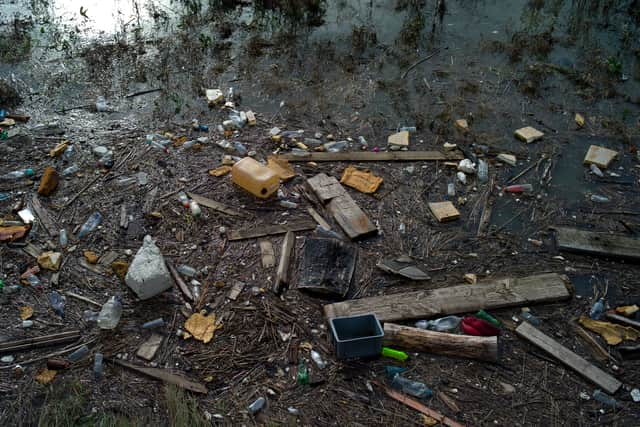

While water firm bosses should face “prison sentences” after “shocking” pollution levels and risks of potential “environmental crime” were uncovered by the Environment Agency (EA).
It follows months of outcry from clean water campaigners over sewage outlay from water firms into rivers and seas around the UK, including from activists Surfers Against Sewage.
Advertisement
Hide AdAdvertisement
Hide AdSerious pollution incidents in England increased to 62, in 2021, the highest total since 2013, while the number of the very worst incidents almost tripled - from three in 2020 to eight.
Now, the EA’s chairman vowed to make it “too painful for them to continue as they are” in a furious directive issued with its annual environment performance assessments (EPA).
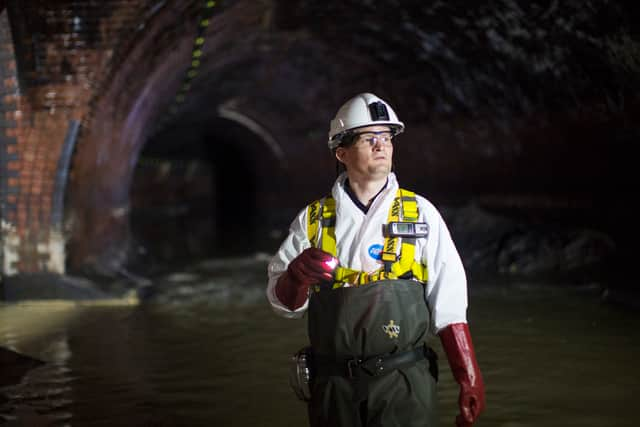

Emma Howard Boyd said: “In 2021, the environmental performance of England’s nine water and sewerage companies was the worst we have seen for years.
“The sector’s performance on pollution was shocking, much worse than previous years.
Advertisement
Hide AdAdvertisement
Hide Ad“Company directors let this occur and it is simply unacceptable.
“We would like to see prison sentences for chief executives and board members whose companies are responsible for the most serious incidents.
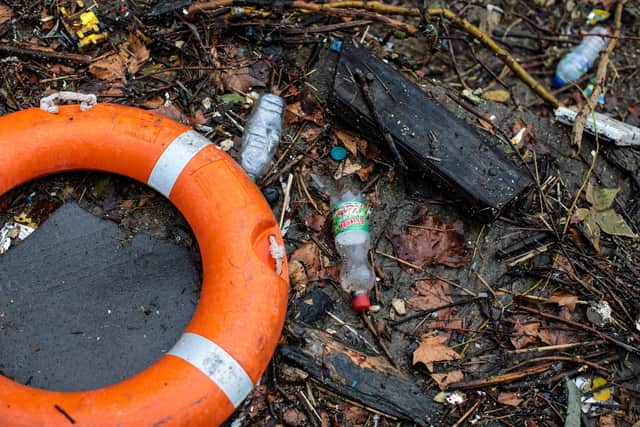

“Water companies exist to serve the public. Their environmental performance is a breach of trust. The polluter must pay.”
Of England’s nine water firms, Anglian, Wessex, Yorkshire and Thames Water scored just two stars, meaning they require significant improvements.
Advertisement
Hide AdAdvertisement
Hide AdWhile Southern and South West Water received one star ratings, meaning their performances were “terrible across the board”.
Of six key metrics, Thames Water scored red for serious pollution incidents and self-reported pollution incidents; yellow for total pollution incidents and scheme delivery.
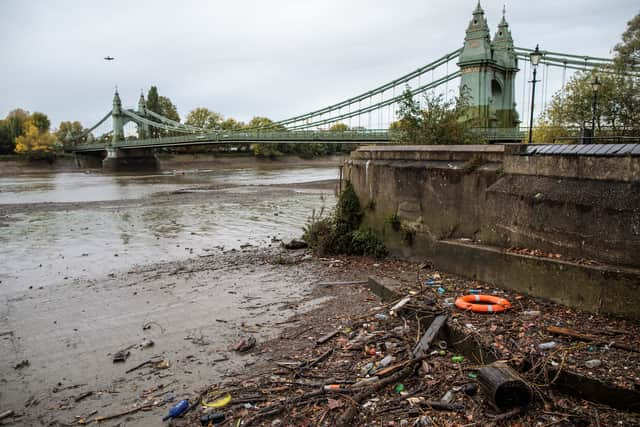

However, the firm scored in the green zone for discharge permit compliance and supply demand balance.
Ms Howard Boyd added: “The water companies are behaving like this for a simple reason: because they can. We intend to make it too painful for them to continue as they are.
Advertisement
Hide AdAdvertisement
Hide Ad“The water companies will only stop behaving like this if they are forced to.
“Fines currently handed down by the courts often amount to less than a chief executive’s salary. Investors should no longer see England’s water monopolies as a one-way bet.”


The watchdog says it has also started the country’s largest ever investigation into environmental crime, involving all nine firms, and is looking into whether they “knowingly and deliberately broke the law in relation to the treatment and discharge of sewage”.
Criminal prosecutions for less serious incidents should be expected, firms have been warned, despite the EA previously sticking to use of civil powers.
Advertisement
Hide AdAdvertisement
Hide AdAnd the agency has called for damaging company directors to be “struck off so they cannot simply delete illegal environmental damage from their CV and move on to their next role”.
Campaigners from Thames21, a charity which protects London’s rivers and waterways, said in a statement: “This is terrible.
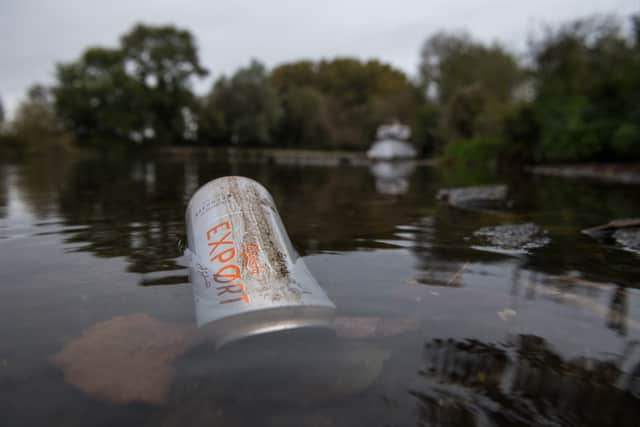

“Six out of nine water companies, including Thames Water, have had their environmental performance rated as unacceptable.
“They all need to invest in ending raw sewage discharges into rivers. We need faster action to protect our rivers.”
Advertisement
Hide AdAdvertisement
Hide AdA Thames Water spokesperson said: “Protecting the environment is fundamental to what we do and we recognise our performance in preventing pollution is still not good enough.
“We’re committed to turning this around and our shareholders have recently approved an additional £2billion into the business so we can improve outcomes for customers, leakage and river health.
“We’re focused on implementing our Pollution Incident Reduction Plan to deliver these changes and as well as ensuring our sewage and water treatments sites meet the high standards set by our regulators.
“We recently launched our river health commitments which includes a 50% reduction in the total annual duration of spills across London and the Thames Valley by 2030, and within that an 80% reduction in sensitive catchments.
Advertisement
Hide AdAdvertisement
Hide Ad“This is a key part of our River Health Action Plan to radically improve our position in order to protect and improve the environment, as we strive to eliminate all incidents in the future.”
And Christine McGourty, chief executive of Water UK, added: “This year’s results show that, overall, industry must do better.
“Although there were companies that demonstrated excellent performance, the total number of serious pollution incidents was too high, bucking the recent trend of year-on-year improvements.
“Tackling this is our single biggest priority and every company has a comprehensive plan in place to make that happen.
Advertisement
Hide AdAdvertisement
Hide Ad“Last year the majority of companies achieved the highest possible rating from the Environment Agency, on the back of the lowest number of serious pollution incidents ever.
“We need to see an urgent return to those kind of results, with every company matching the performance of the best.”
Comment Guidelines
National World encourages reader discussion on our stories. User feedback, insights and back-and-forth exchanges add a rich layer of context to reporting. Please review our Community Guidelines before commenting.
